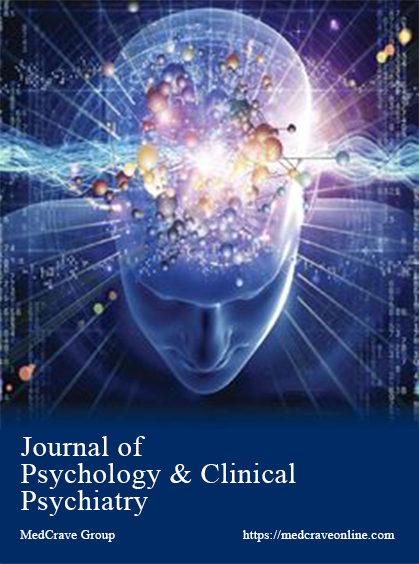Post-traumatic stress disorder research: a narrative review
Post-traumatic stress disorder research: a narrative review
Author(s): Tiffany FieldSubject(s): Individual Psychology, Clinical psychology, Behaviorism
Published by: MedCrave Group Kft.
Keywords: Post-traumatic stress disorder; psychology;
Summary/Abstract: This review summarizes recent research publications (2019-2024) on the prevalence of post-traumatic stress disorder (PTSD), its negative effects, predictors/risk factors for the disorder, interventions and potential underlying biological mechanisms. The prevalence of PTSD has widely ranged from 10-70% for those experiencing a traumatic event and has most frequently involved samples that have experienced PTSD that was related to earthquakes (in Haiti, Japan, Nepal). The negative effects have included cognitive disability, sleep disorders, medical conditions/diseases, depression and mortality. The predictors/risk factors include female gender, worrying, rumination, anxiety, depression, neuroinflammation and stress from loss of friends, relatives, pets and/or property. The interventions have included reducing the stigma of PTSD, alternative therapies including yoga and mindfulness, cognitive behavioral therapy and medications. Potential underlying biological mechanisms include hypothalamic pituitary adrenal system dysfunction involving elevated cortisol during immediate stress and cortisol depletion during prolonged stress, connectivity dysfunction in the brain as well as white and grey matter loss and gene pathways. These have been noted in the “fear learning and memory network” of the prefrontal, amygdala, hippocampal and anterior cingulate cortex regions of the brain. Methodological limitations include the samples being primarily those with PTSD following earthquakes and the selfreport data in cross-sectional studies that cannot suggest causality.
Journal: Journal of Psychology & Clinical Psychiatry
- Issue Year: 15/2024
- Issue No: 6
- Page Range: 303-307
- Page Count: 5
- Language: English

